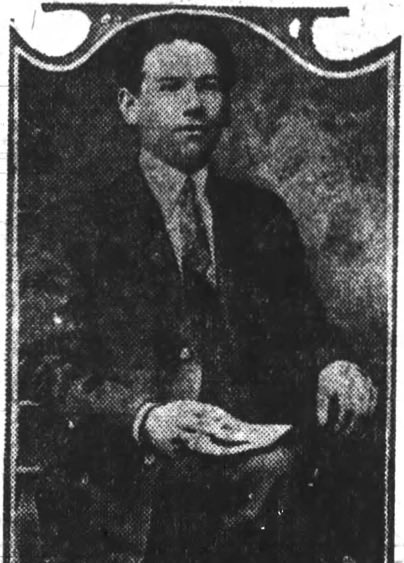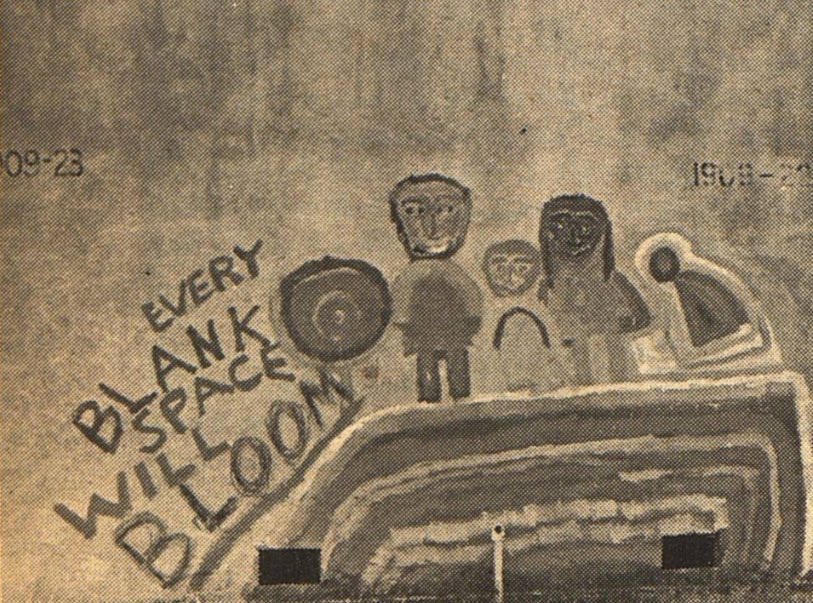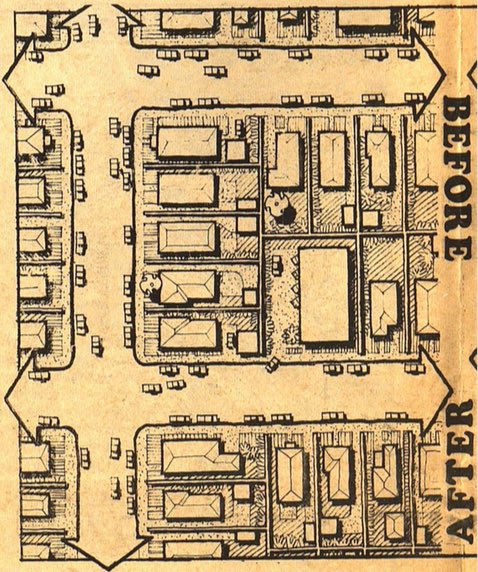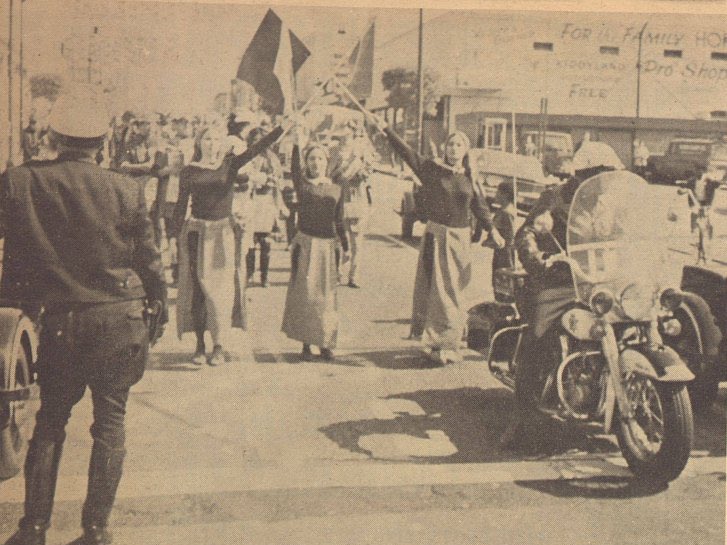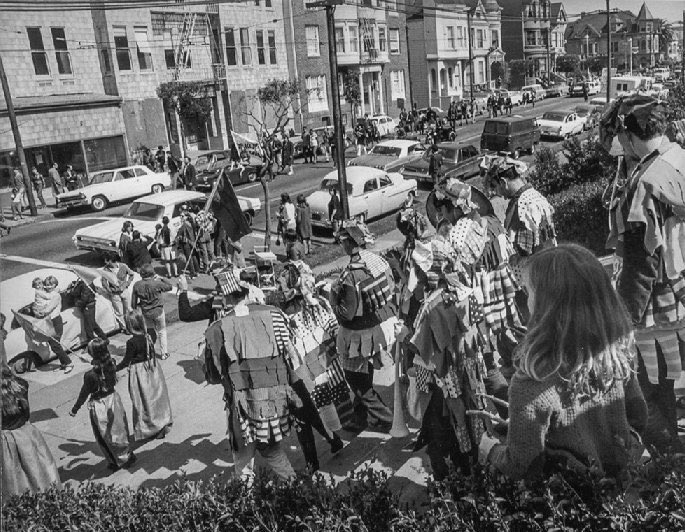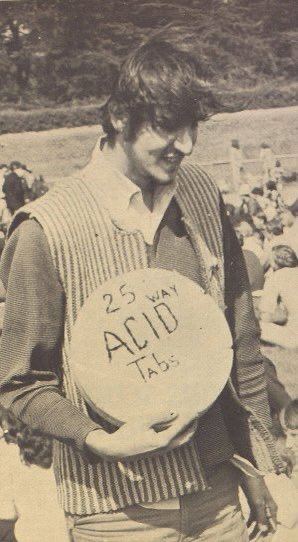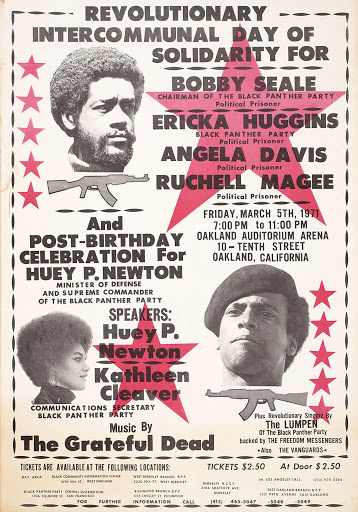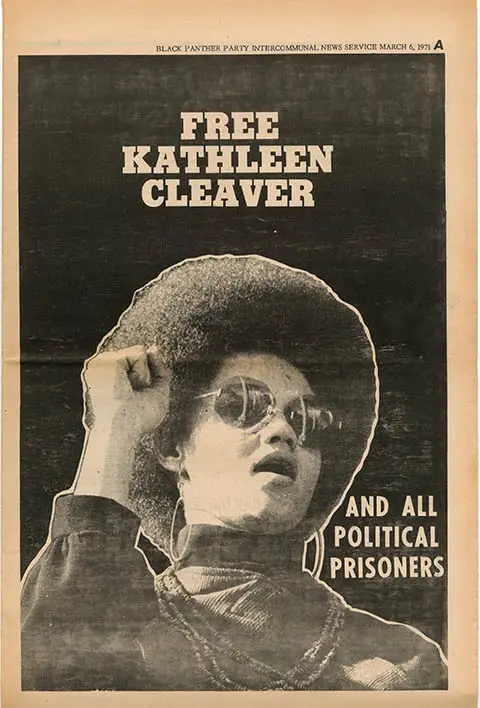56 years ago, April 18 1968, marked the end of a 3-day insurrection at the El Pueblo housing project in Pittsburg. After police arrested several Black men for shooting dice, a crowd attacked them with rocks and bottles. When reinforcements arrived, they were met with sniper fire 
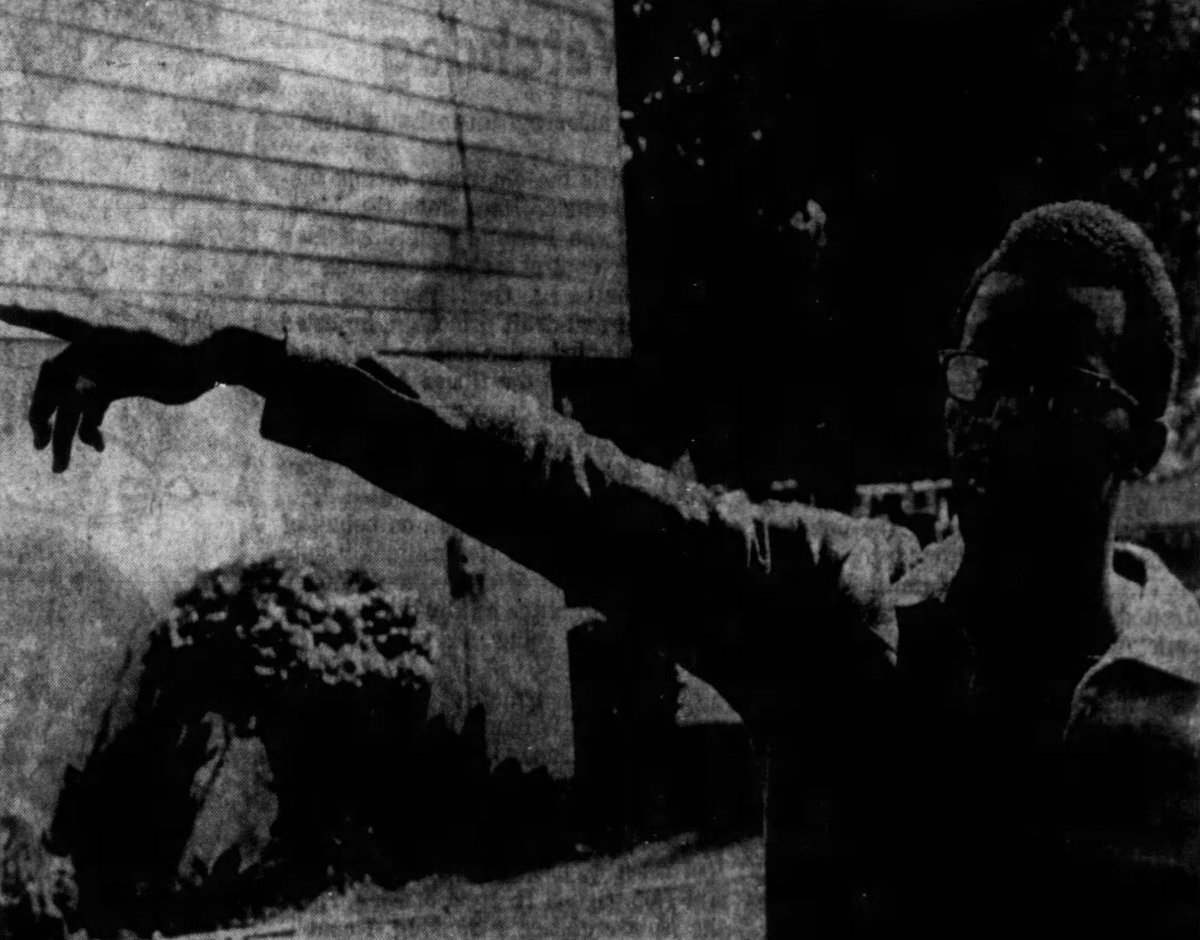
For those three days, police from Pittsburg, Concord, Antioch, and Martinez battled with snipers who fired from at least five directions. Six cops were wounded; only one rioter was. No one on either side was killed 
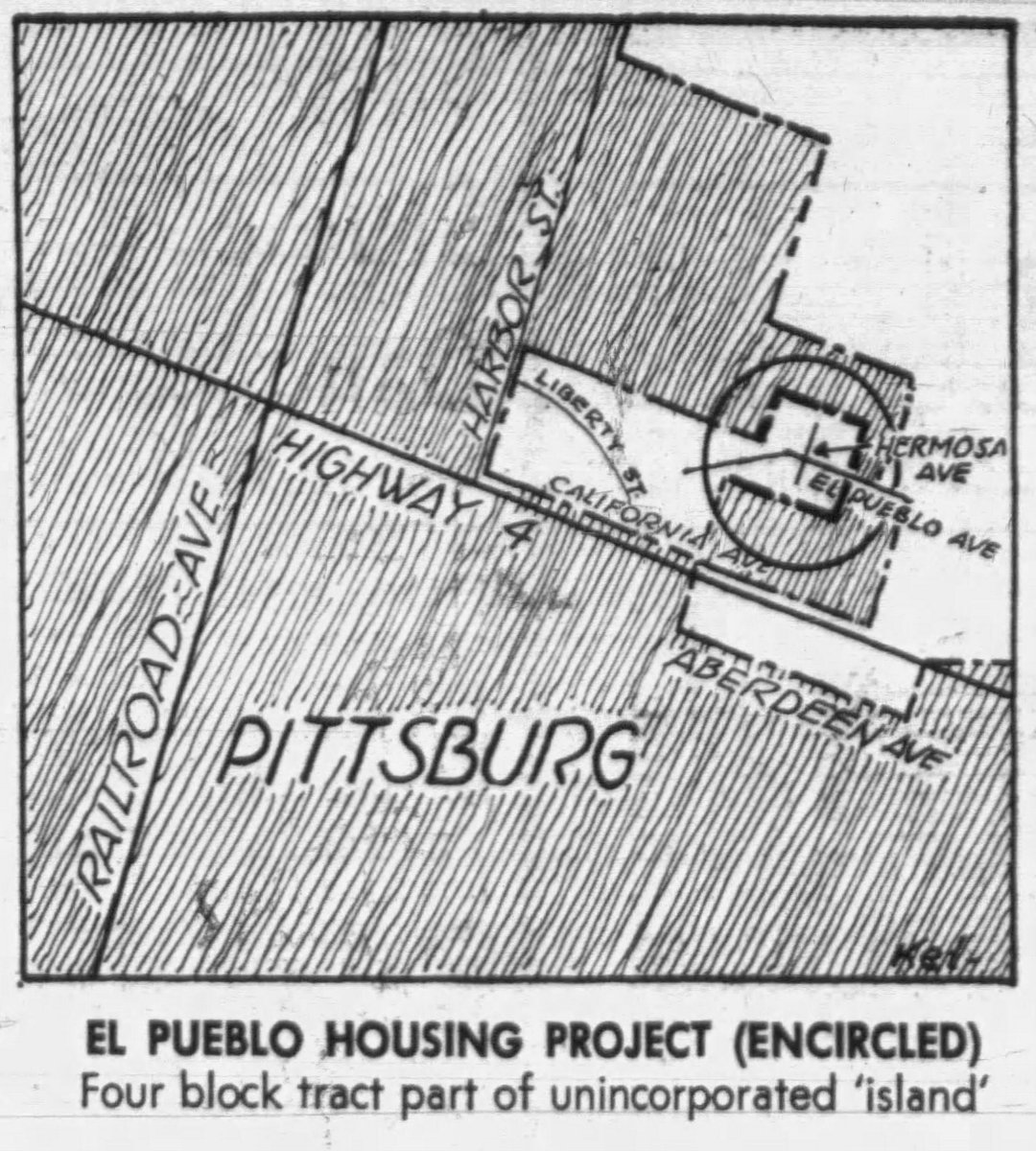
Pittsburg schools were closed during the insurrection, which came 13 days after those same schools saw riots following the murder of Martin Luther King, Jr.

https://twitter.com/leftinthebay/status/1776287404590264749
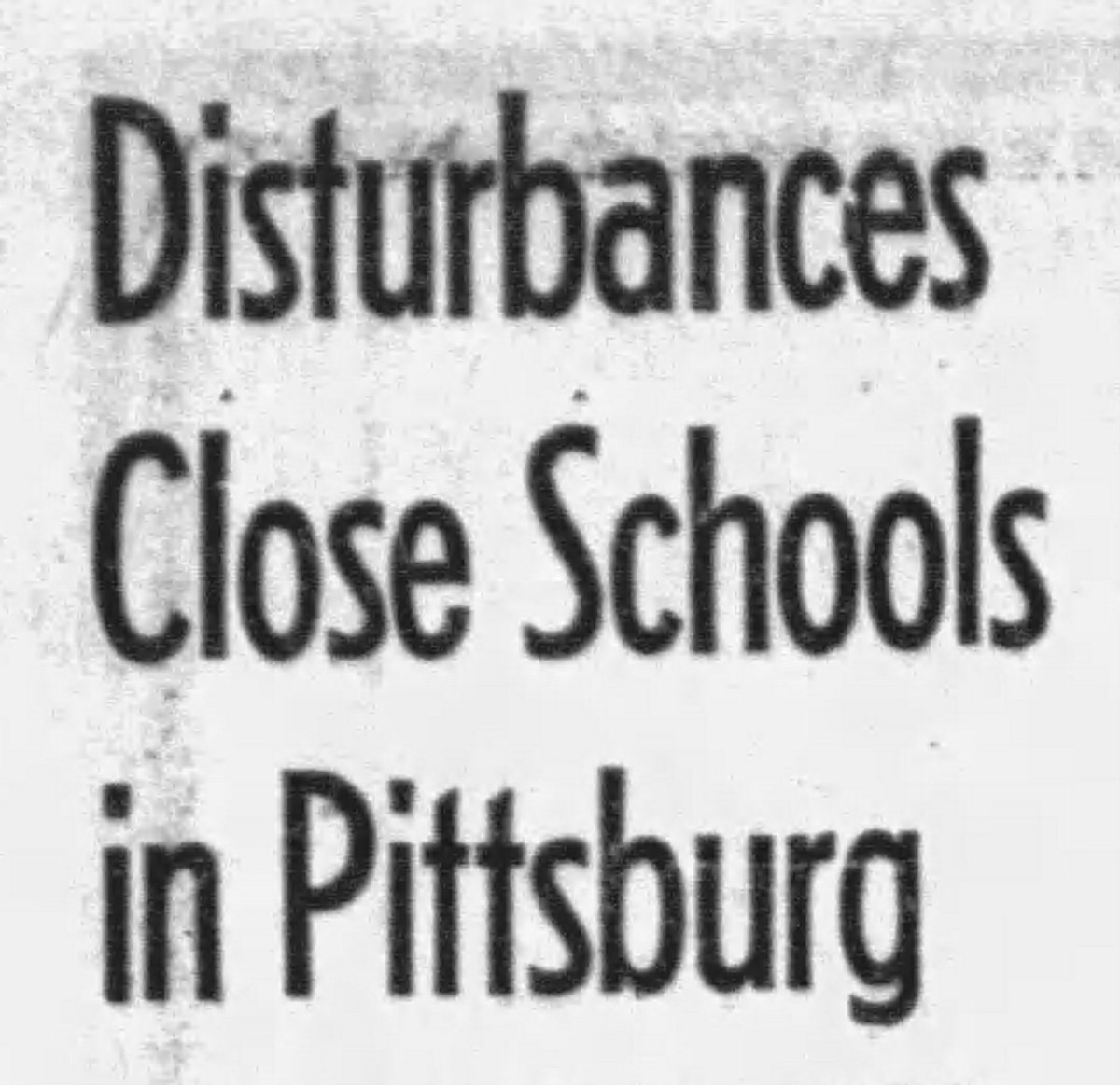
Black Panther Party members were highly encouraged by the incident. An article was published about the insurrection in the party paper called "GOOD NEWS," arguing that the "residents of this ghetto housing project clearly show us that guerrilla warfare is the key" 
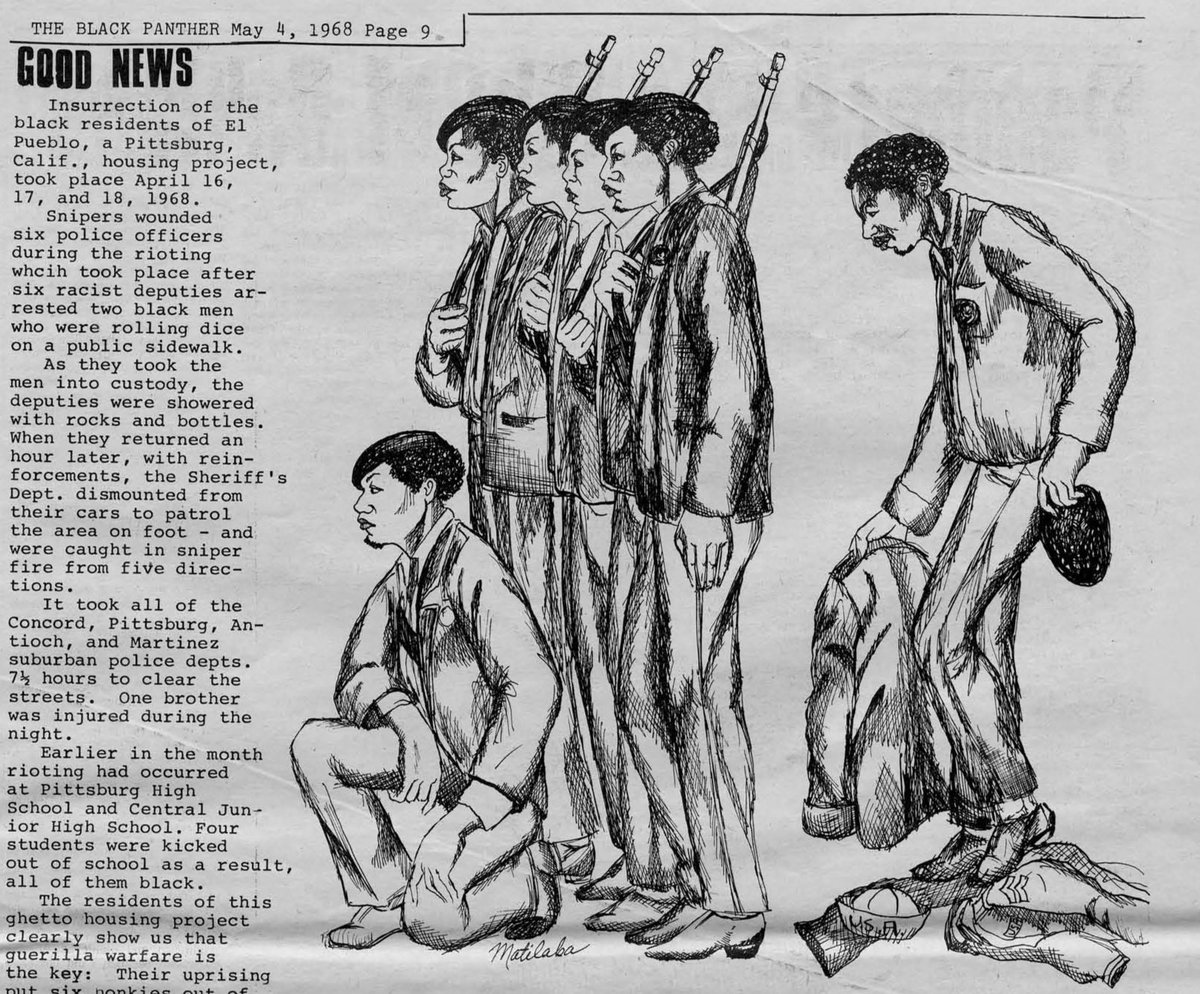
• • •
Missing some Tweet in this thread? You can try to
force a refresh


